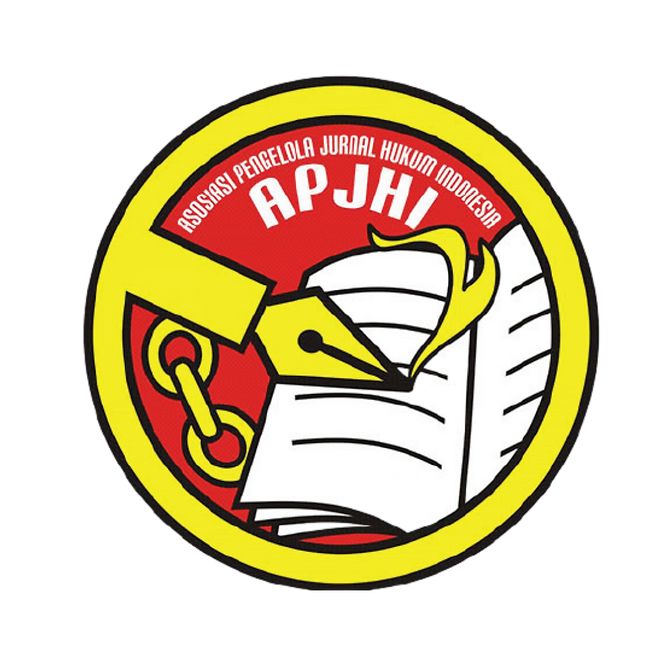THE RELATIONSHIP BETWEEN NOTARIES AND MONEY LAUNDERING CRIMES
DOI:
https://doi.org/10.36448/prolev.v7i1.254Keywords:
Criminal Acts, Money Laundering, Notary, Crime, relationshipAbstract
Abstract: In this case, the social function of the notary is very important to provide authentic deeds for the community. A person in a respectable position who is able to carry out the requirements of an authentic deed is needed by the community, which guarantees legal certainty and builds trust in the production of written evidence. In addition to being responsible for themselves, this individual is also responsible for society. A notary must be moral in order to be able to carry out his responsibilities, investigating and reporting transactions made by service users to PPATK, the authorized organization. Notaries are not harmed by their role as Whistleblowers in Government Regulation Number 43 of 2015 in accordance with the mandate of Law Number 8 of 2010 concerning the Prevention and Eradication of Money Laundering Crimes. Regulation Number 9 of 2017 concerning the Application of the Principle of Recognizing Notary Service Users in order to help eradicate money laundering crimes.
Downloads
Published
How to Cite
Issue
Section
License
Copyright (c) 2025 Progressive Law Review

This work is licensed under a Creative Commons Attribution-ShareAlike 4.0 International License.






